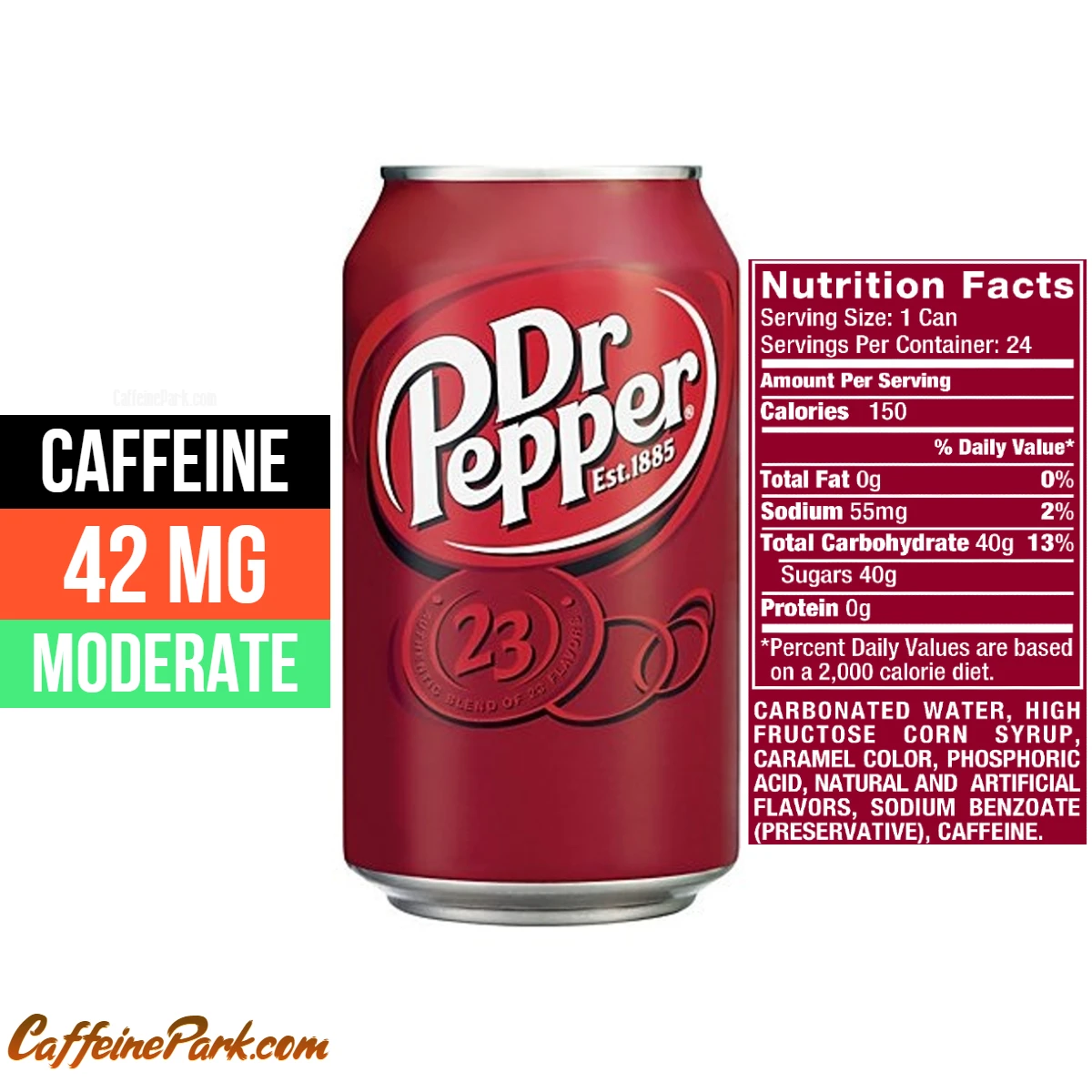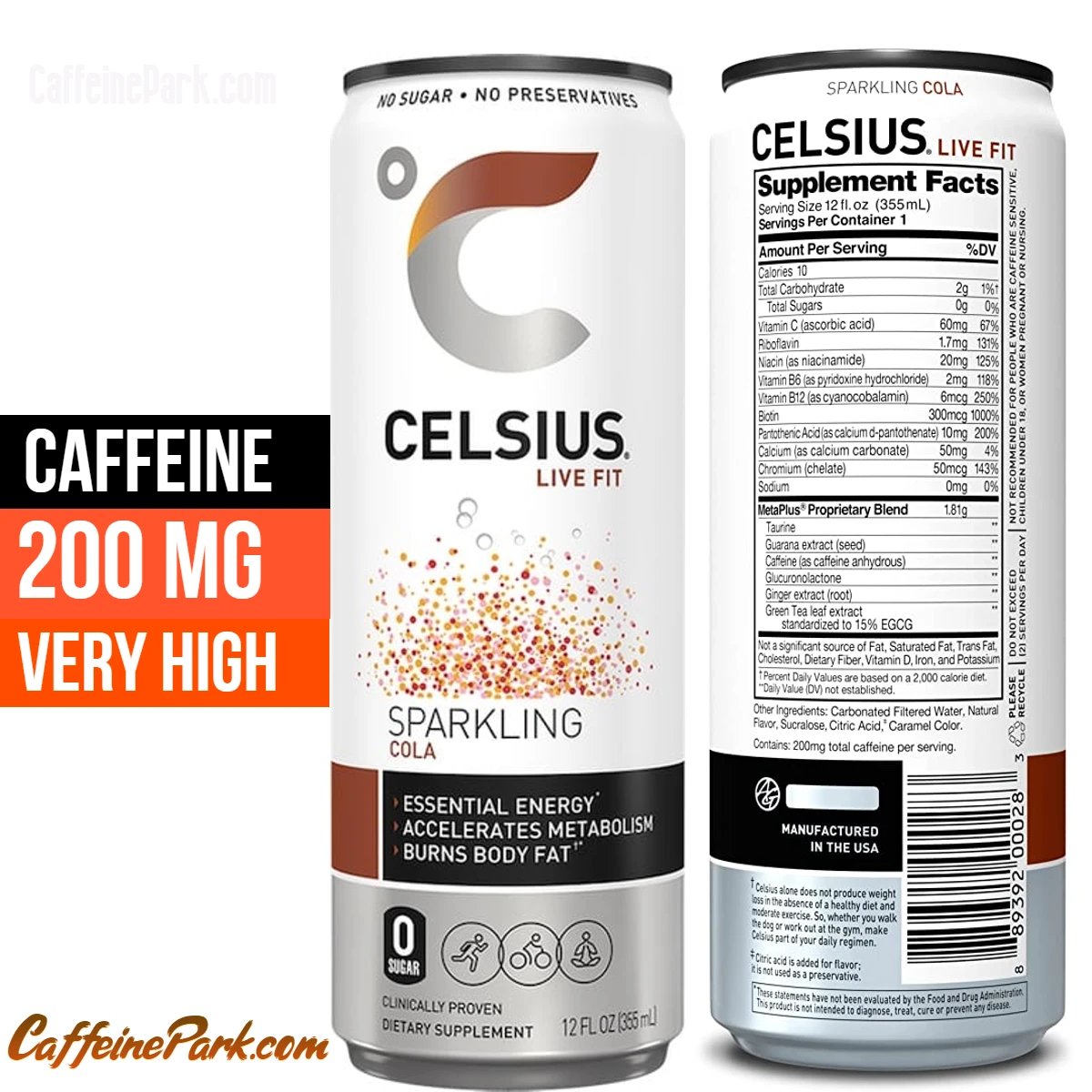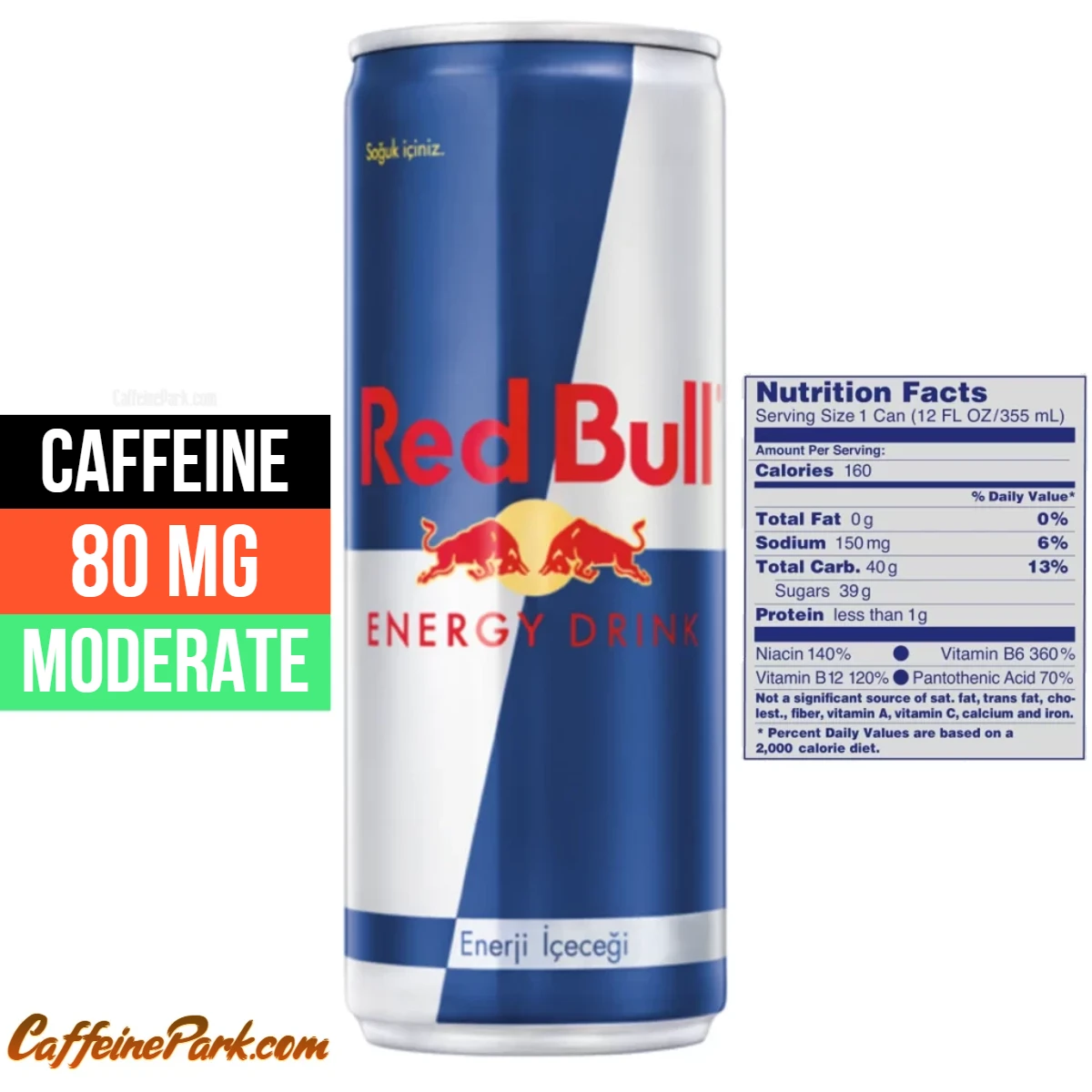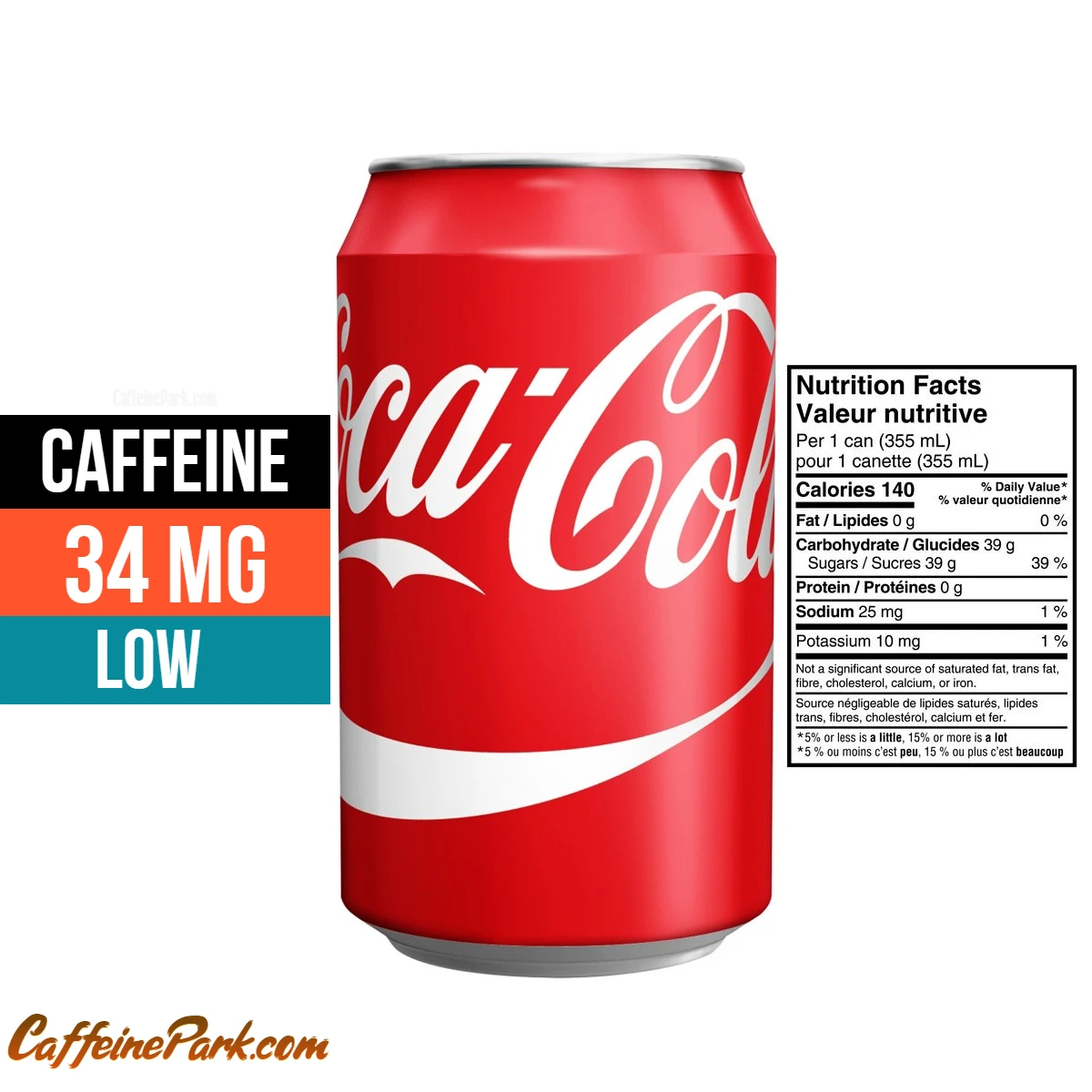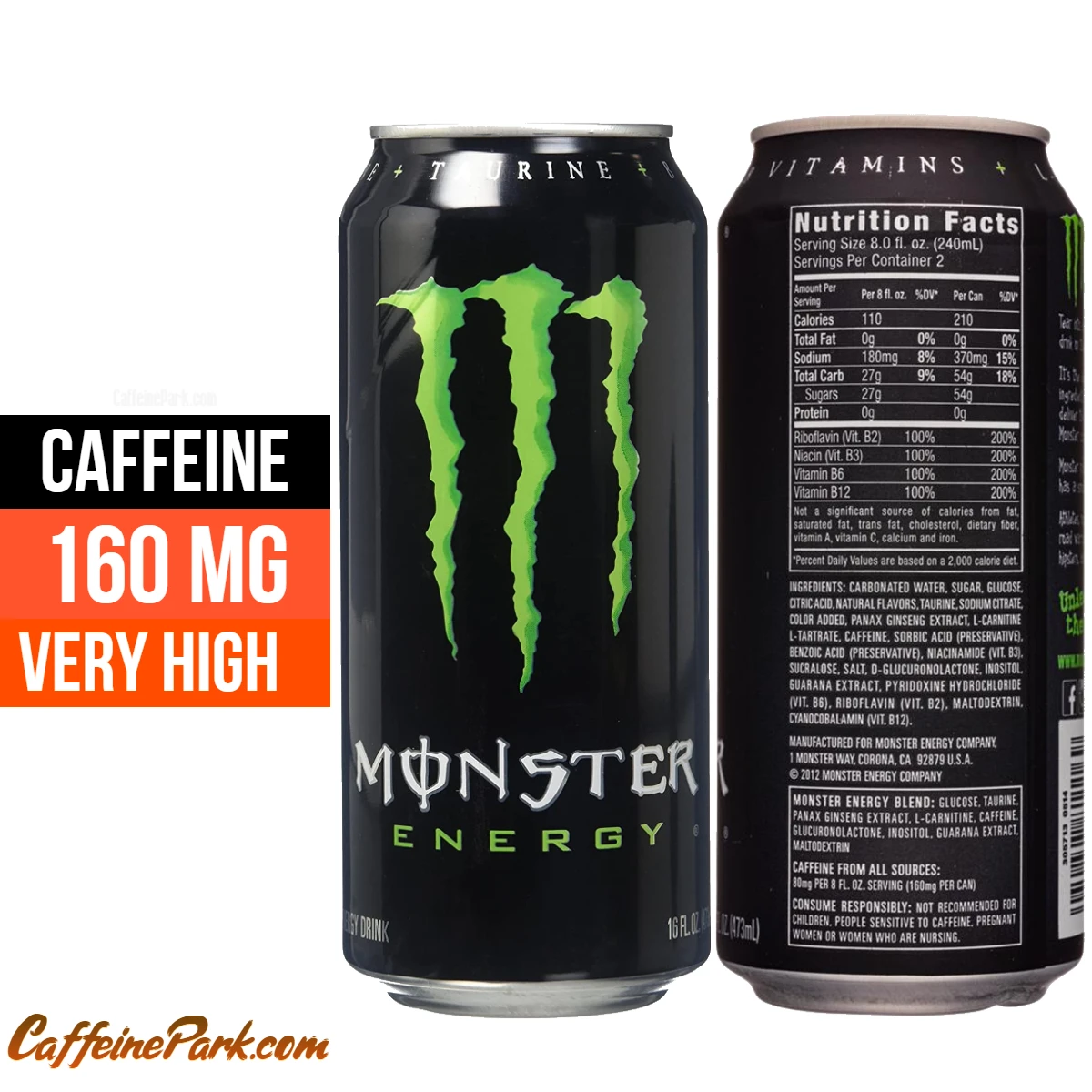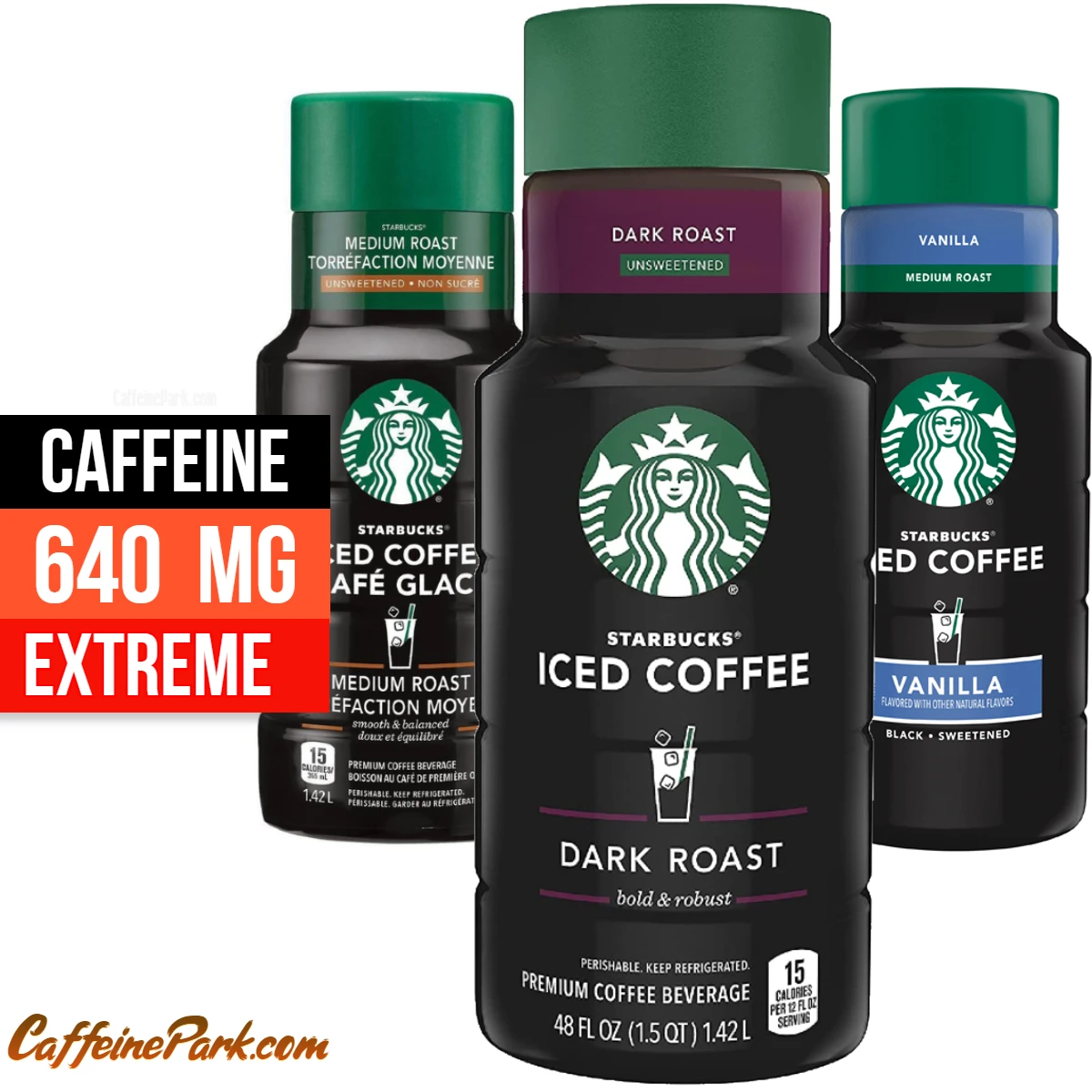K-Cup Coffee Caffeine Content
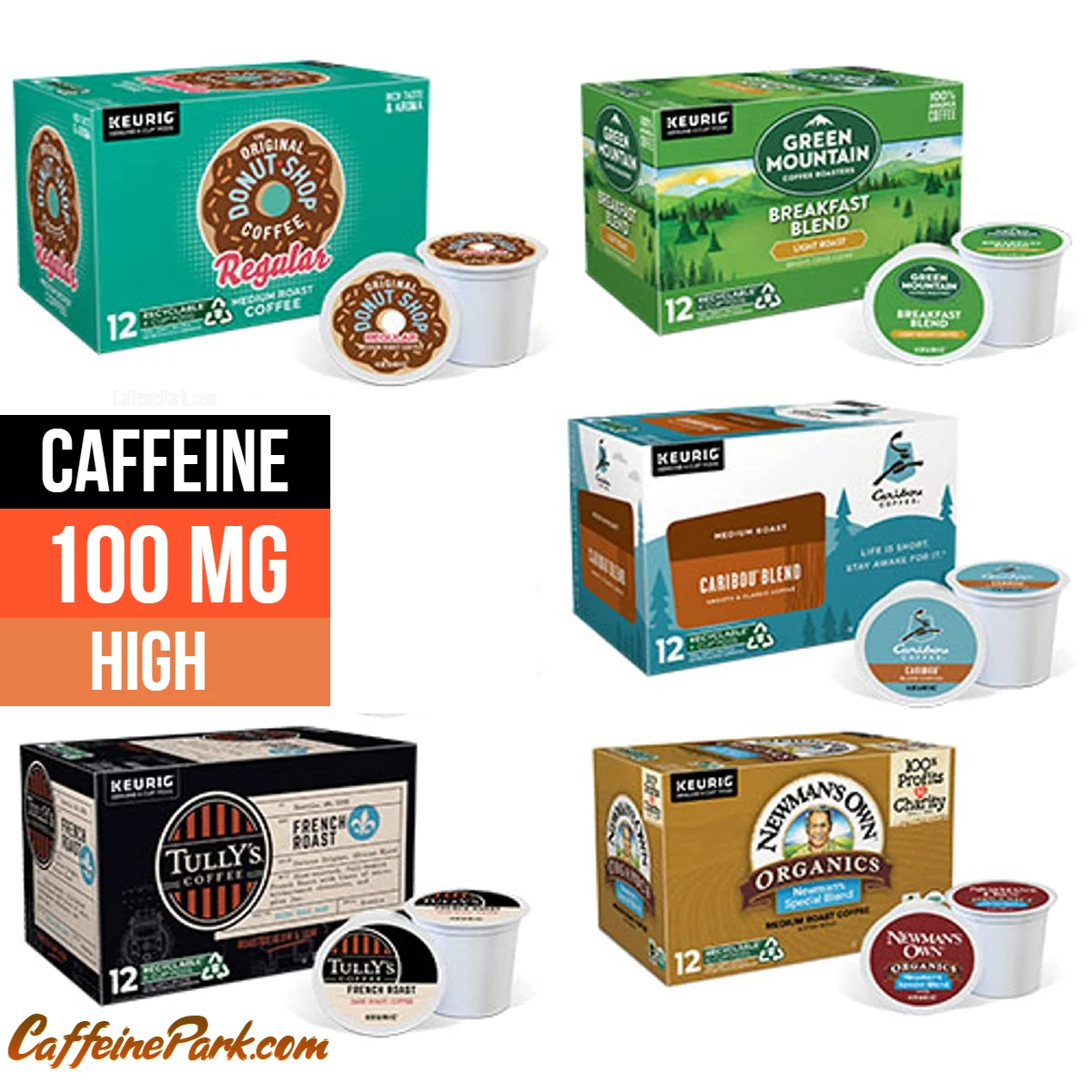
K-Cup coffee is a type of coffee that is packaged in a small, single-serving cup for use in a Keurig coffee maker. Each K-Cup contains a pre-measured amount of coffee grounds, typically around 9-12 grams, and a filter to hold the coffee. The K-Cup system was first introduced in 1998 and has since become a popular way to make coffee, especially in offices and households with multiple coffee drinkers.
One of the main benefits of K-Cup coffee is its convenience. Because each cup is individually packaged, there is no need to measure out coffee grounds or clean a coffee pot after each use. Simply pop a K-Cup into the coffee maker and press the button.
Another benefit is the variety of flavors and types of coffee that are available in K-Cups. Many popular coffee brands, such as Starbucks k-cups, Green Mountain k-cups, and Dunkin’ Donuts k-cups, offer a wide range of flavors and roasts in K-Cup form. Additionally, there are also options for decaffeinated coffee k cups, tea, and hot cocoa k cup.
When it comes to caffeine content, the amount in a K-Cup can vary depending on the brand and type of coffee. On average, a cup of K-Cup coffee contains around 100 mg of caffeine. This is a similar amount of caffeine in a standard cup of coffee, which typically contains around 95-100 mg of caffeine. However, some K-Cups, such as those labeled as “extra bold k cups” or “dark roast k cups,” may contain more caffeine.
The active ingredient in coffee, which is responsible for its stimulating effects, is caffeine. Caffeine is a central nervous system stimulant that can improve mood, increase alertness, and reduce fatigue. It works by blocking the action of a neurotransmitter called adenosine, which is responsible for promoting sleep and relaxation. This results in increased activity in the brain, which can lead to improved cognitive function and increased energy levels.
Caffeine can have some negative side effects, such as anxiety, jitteriness, and difficulty sleeping, if consumed in large amounts. The FDA recommends that adults consume no more than 400mg of caffeine per day, which is roughly the amount in four cups of brewed coffee.
Overall, K-Cup coffee is a convenient and delicious way to enjoy coffee. The variety of flavors and types of coffee available in K-Cup form, along with the convenience of single-serving cups, make it a popular choice for coffee drinkers. However, it’s important to keep in mind that the caffeine content can vary depending on the brand and type of coffee, and it should be consumed in moderation for the best results.
Does K-Cup Coffee have caffeine?
Yes, K-Cup Coffee contains 100mg of caffeine per 8 fl oz cup and 12.5mg of caffeine per fl oz (42.27mg per 100ml).
| Serving size | Caffeine Amount | Caffeine strength |
|---|---|---|
| 100ml | 42.3 mg | MODERATE |
| 8 fl oz cup | 100 mg | HIGH |
| 12 fl oz | 150 mg | VERY HIGH |
How Much Caffeine is in K-Cup Coffee?
- Caffeine Amount: 100 mg
- Caffeine strength: HIGH
- Calories: 0
- Serving size: 8 fl oz cup
Ingredients in K-Cup Coffee
- Varied Blends Of Ground Arabica Coffee
- Water
Compare caffeine in K-Cup Coffee
| Items | Serving Size | Caffeine |
|---|---|---|
| K-Cup Coffee | 8 fl oz | 100mg |
| Decaf Coffee | 8 fl oz | 6mg |
| Dunkin’ Donuts Coffee | 14 fl oz | 210mg |
| Nescafe Gold | 8.46 fl oz | 66mg |
| McDonalds Coffee | 16 fl oz | 145mg |
| Peet’s Caffe Americano | 16 fl oz | 140mg |
| Starbucks Cold Brew Coffee | 16 fl oz | 205mg |
Review
K-Cup coffee is a popular and convenient option for coffee drinkers, offering a wide range of flavor options and easy preparation. However, it is important to consider the cost and environmental impact of disposable K-Cups, as well as personal preferences for taste and customization options.
History
K-Cup coffee was first introduced in 1998 by a company called Green Mountain Coffee Roasters, now known as Keurig Dr. Pepper. The concept was simple: package pre-measured amounts of coffee grounds in a small, single-serving cup, complete with a filter, for use in a special coffee maker, called the Keurig.
The Keurig coffee maker used a process called “single cup brewing” that allows users to brew a fresh cup of coffee in under a minute, without the need to measure out coffee grounds or clean a coffee pot after each use. This convenience, combined with the wide variety of flavors and types of coffee available in K-Cup form, quickly made the K-Cup system a popular choice for coffee drinkers.
Taste and Flavor
K-Cup coffee is known for its convenience and variety of flavors and types of coffee. Many popular coffee brands, such as Starbucks, Green Mountain, and Dunkin’ Donuts, offer a wide range of flavors and roasts in K-Cup form. Additionally, there are also options for decaffeinated coffee, tea, and hot cocoa.
The taste of K-Cup coffee can vary depending on the brand and type of coffee. Some K-Cups are labeled as “extra bold” or “dark roast” and have a stronger and bolder taste, while others are labeled as “mild” or “light roast” and have a smoother and milder taste. The best way to find the one that suits your taste buds is to try different brands and roasts.
Ingredients and Nutrition
The primary ingredient in K-Cup coffee is, of course, coffee. Each K-Cup contains around 9-12 grams of coffee grounds, which is enough to brew a single cup of coffee. Some K-Cups also include additional ingredients such as flavorings, sweeteners, and creamers.
The caffeine content in a K-Cup can vary depending on the brand and type of coffee, with an average of 60-100 mg per cup. For comparison, a standard cup of coffee contains around 95-200 mg of caffeine.
It’s worth noting that some K-Cups that are labeled as “decaffeinated” may still contain small amounts of caffeine, usually around 2-5 mg per cup.
Side Effects
Like all coffee, K-Cup coffee contains caffeine, which can have some negative side effects if consumed in large amounts. These side effects include anxiety, jitteriness, and difficulty sleeping. The FDA recommends that adults consume no more than 400mg of caffeine per day, which is roughly the amount in four cups of cursed coffee.
Price and Availability
K-Cup coffee is widely available in grocery stores, supermarkets, and online retailers. Prices can vary depending on the brand and type of coffee, but on average, a box of 24 K-Cups costs around $10-$15.
There are also bulk options available for purchase, and in some cases, it could be more cost-effective to buy a bigger package of K-Cups.
Comparison to others
K-Cup coffee is often compared to traditional drip coffee, which is made by brewing coffee grounds in a coffee pot. While traditional drip coffee requires more preparation, such as measuring out coffee grounds and cleaning a coffee pot after each use, it can offer a wider range of customization options.
Another option that is often compared to K-Cup coffee is pod coffee, which is similar in concept but uses a different type of coffee maker. Pod coffee systems, like K-Cup, offer a convenient and easy way to make coffee, but the pods themselves are not interchangeable with K-Cups.
Some people may prefer traditional drip coffee for its ability to make larger batches, or for the ability to grind their own beans for a fresher taste. However, for those who value convenience and a wide variety of flavor options, K-Cup coffee can be a great choice.
Customer Reviews
Overall, K-Cup coffee receives positive reviews from customers. Many appreciate the convenience and variety of flavors and types of coffee available in K-Cup form. Some customers have also noted that they find the taste and quality of K-Cup coffee to be on par with traditional drip coffee.
However, some customers have expressed dissatisfaction with the cost of K-Cups, as well as the environmental impact of disposable cups. There are also some who have found that they prefer the taste of traditional drip coffee made with freshly ground beans.
Pros and Cons
Some of the main pros of K-Cup coffee include:
- Convenience: K-Cups make it easy to brew a fresh cup of coffee in under a minute, without the need to measure out coffee grounds or clean a coffee pot.
- Variety: There is a wide range of flavors and types of coffee available in K-Cup form, as well as options for decaffeinated coffee, tea, and hot cocoa.
Some of the main cons of K-Cup coffee include:
- Cost: K-Cups can be more expensive than traditional drip coffee, especially if purchased in smaller quantities.
- Environmental impact: Disposable K-Cups can contribute to waste and are not easily recyclable.
- Limited customization options: K-Cups offer a pre-measured amount of coffee and do not allow for the use of freshly ground beans.
FAQs
Can I use my own coffee in a K-Cup?
No, the K-Cup system is designed to work with specially designed K-Cups, which contain pre-measured amounts of coffee grounds and a filter. Using your own coffee in a K-Cup is not recommended and may cause damage to the coffee maker.
Are K-Cups recyclable?
Some K-Cups are labeled as “recyclable,” but they are not widely accepted by most recycling programs. The best way to reduce waste is to use a reusable coffee filter that is compatible with your Keurig machine.
Can I make tea or hot cocoa with a K-Cup coffee maker?
Yes, many K-Cup brands offer tea and hot cocoa options in addition to coffee. These K-Cups can be used in the same way as coffee K-Cups and will brew a single serving of tea or hot cocoa.
How long do K-Cups last?
The shelf life of a K-Cup can vary depending on the brand and type of coffee. In general, it is recommended to use K-Cups within a year of the roast date for the best taste. However, as long as the K-Cups are stored in a cool and dry place, they should still be safe to consume after a year.
Read More:
